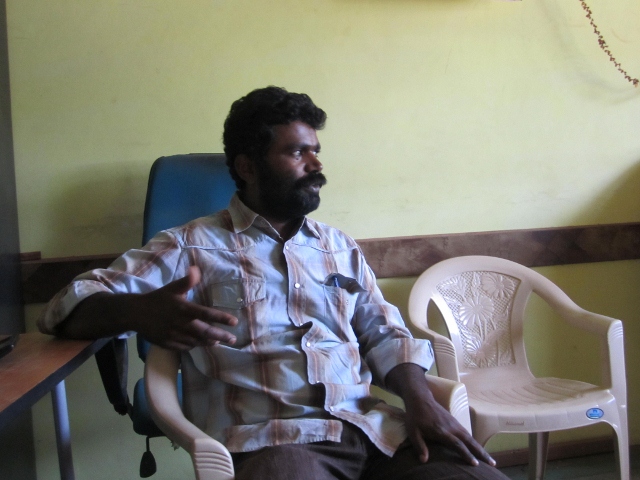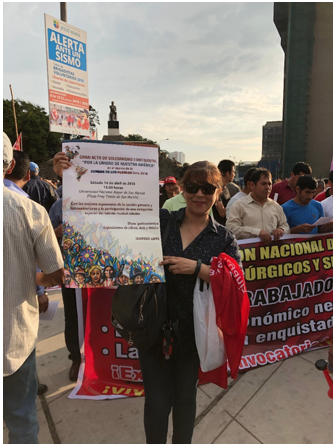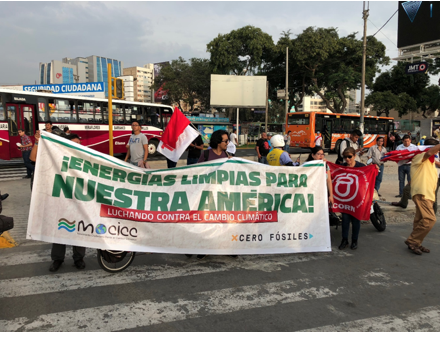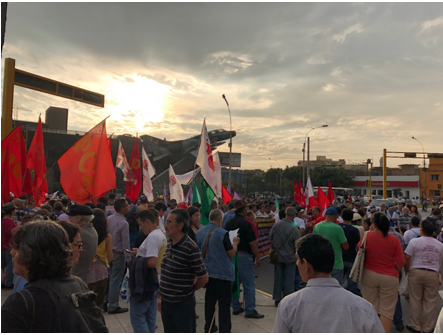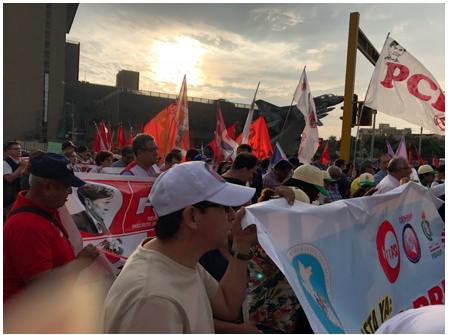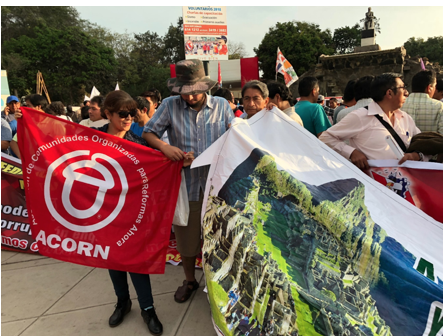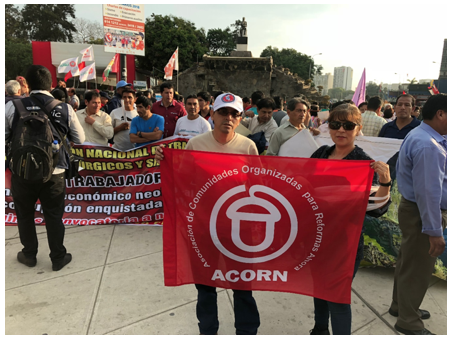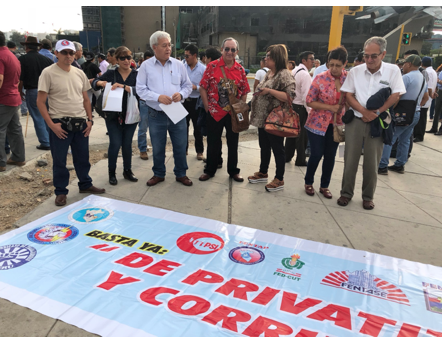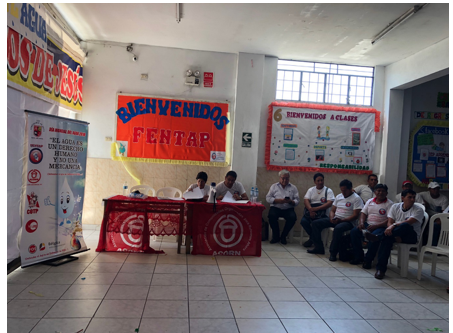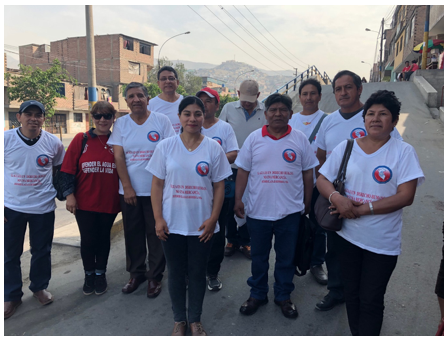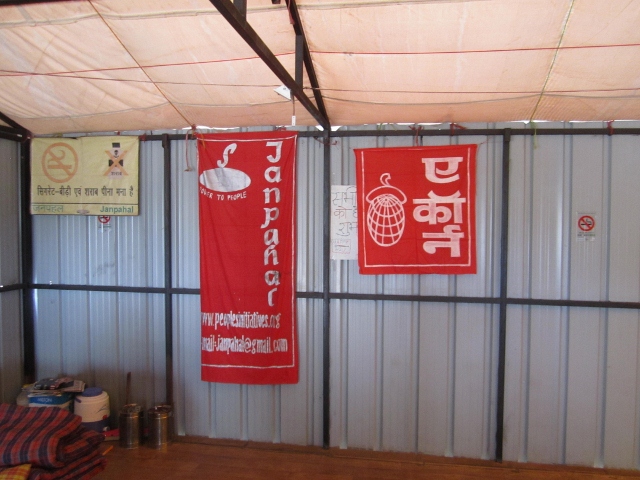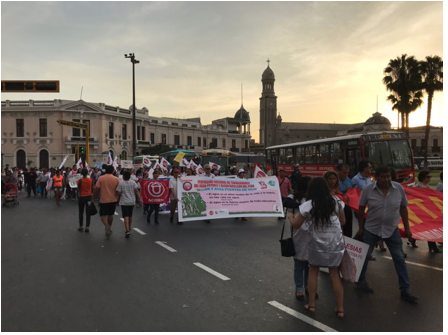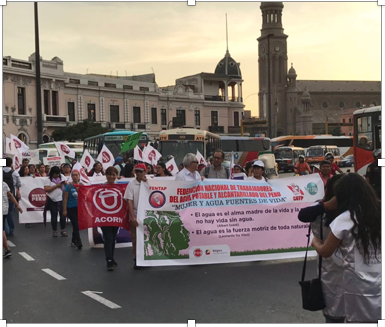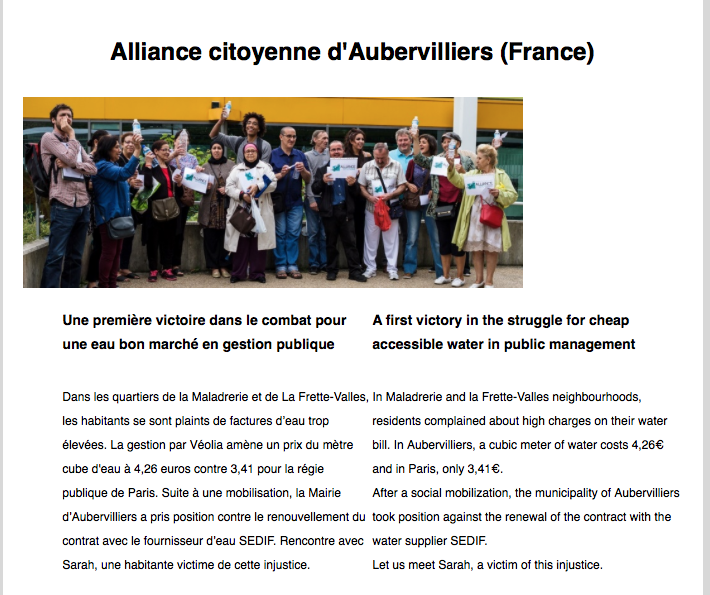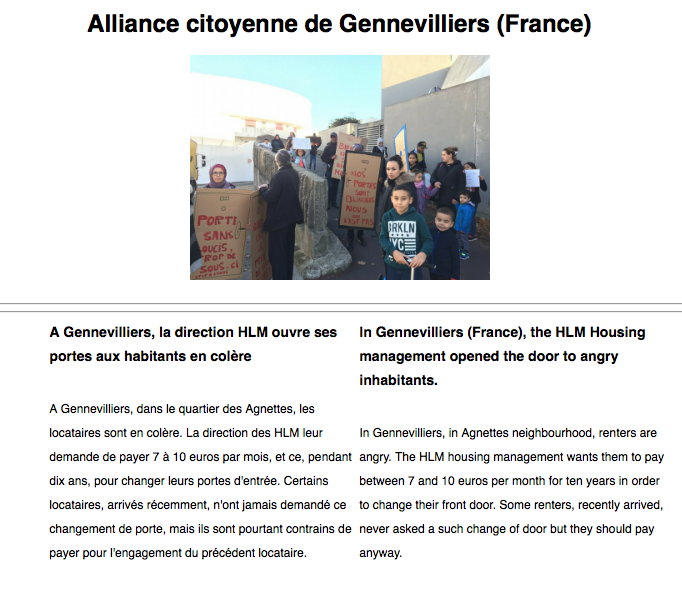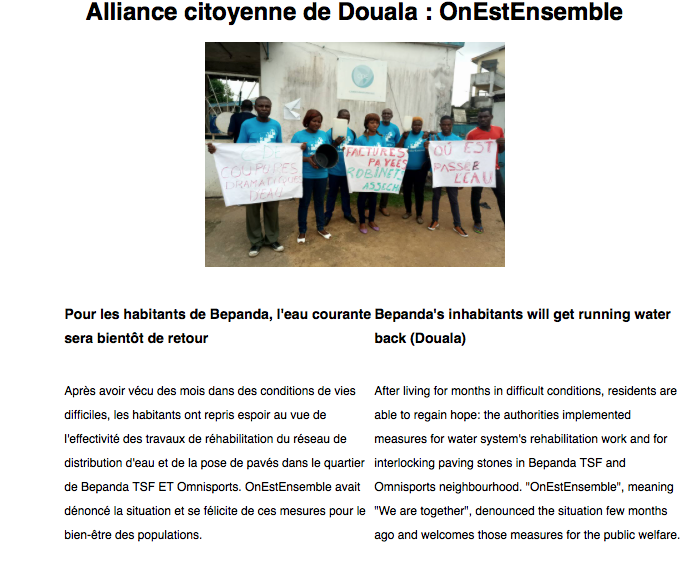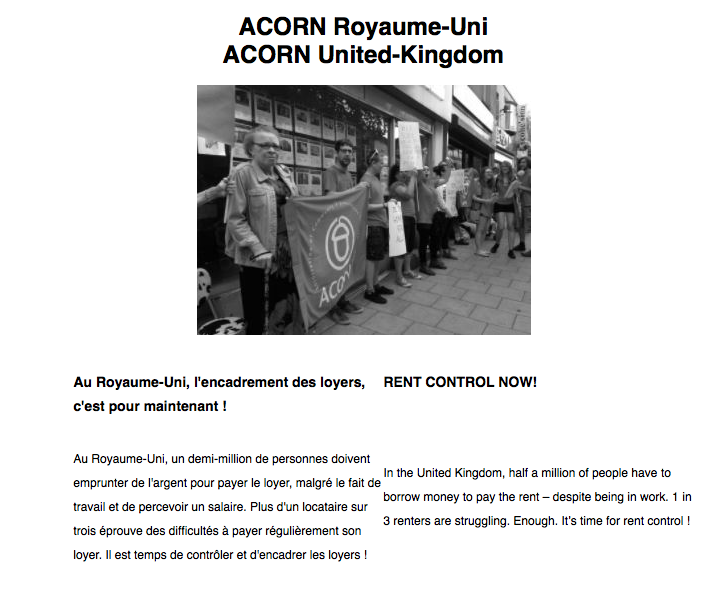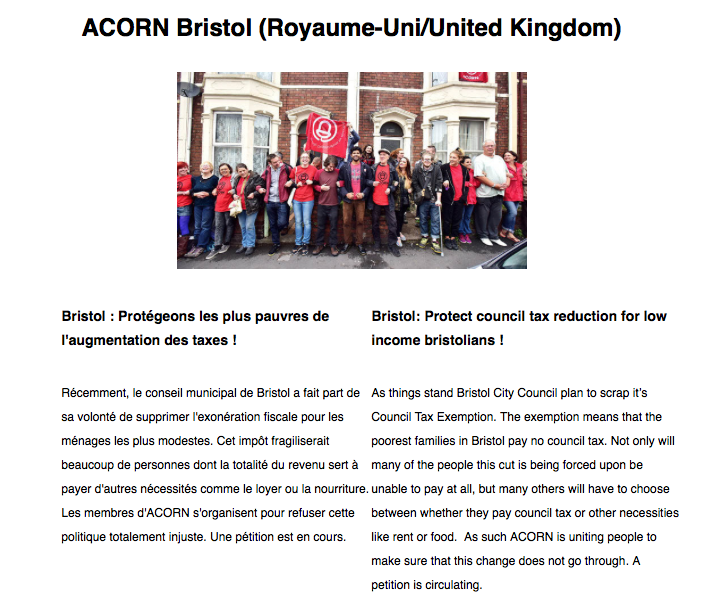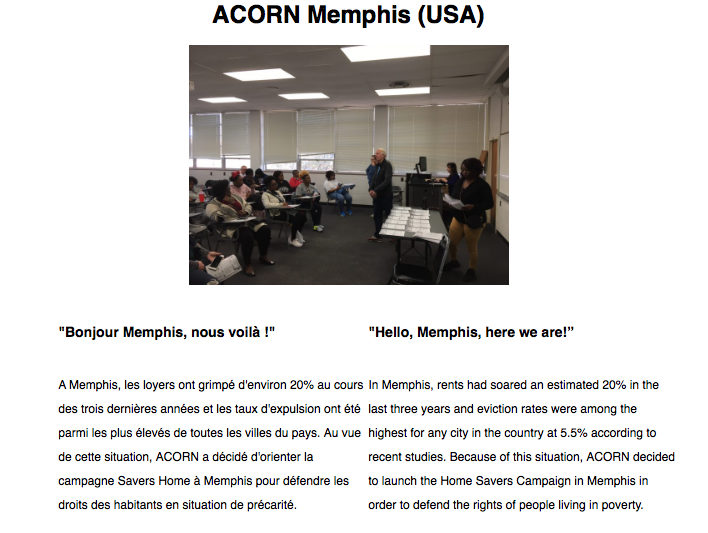Your cart is currently empty!
Blog
-
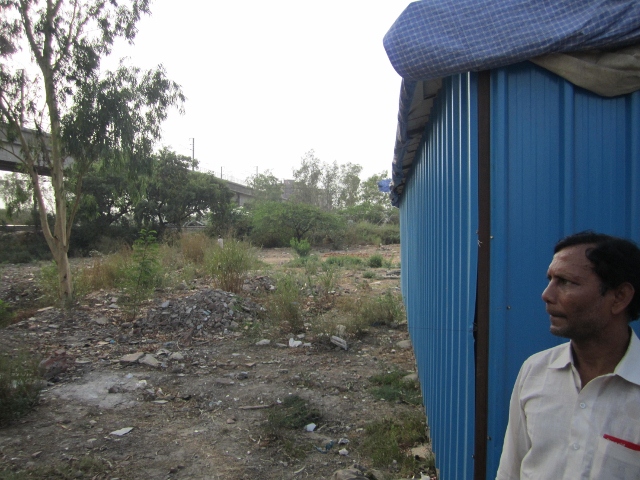
ACORN Liberia Fighting for School Children
Pictures from March 2018 at the headquarters of LAC and Nain Camp School by locals for school building project implementation for local school children.



-

3D Printing Classes at the ACORN Community Center in Mumbai
Kids enjoy a 3d printing class at the ACORN Community Center in Mumbai, India.
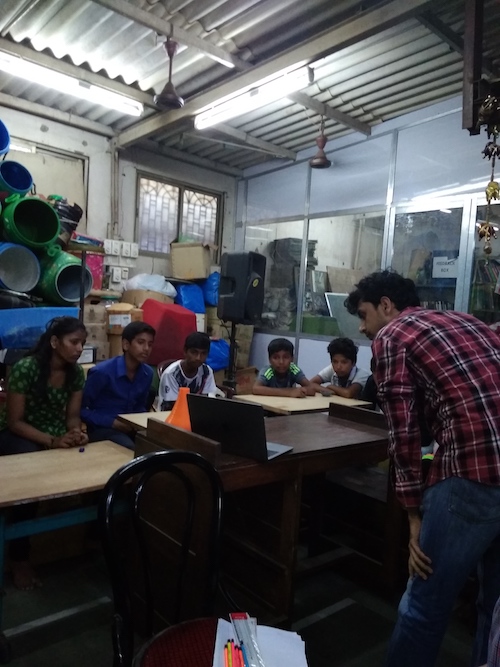
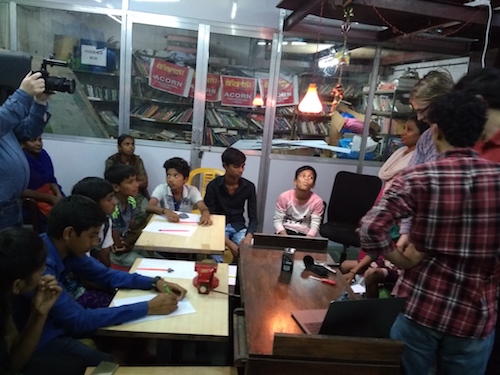
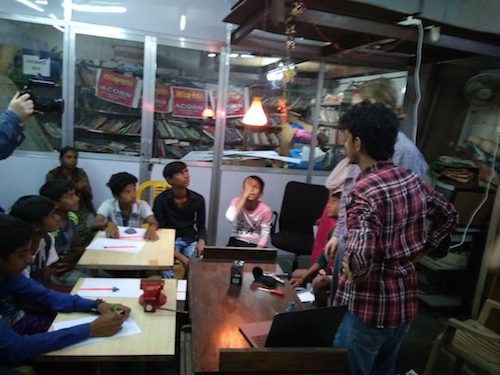
-
Rent for Sex Investigation by Newcastle ACORN
Sex-for-rent landlords listen up: before you post that next advert on Craigslist or Gumtree, ask yourself if you’re willing to risk being exposed by ACORN.
ACORN supports the recognition of sex work as legitimate work, with full protection from the law, unionisation, and the right to say no. The tenant-landlord relationship is a different power dynamic. It is inherently exploitative with no right to say no without risking losing your home. The authorities might not take this seriously, but we very much do.
-

A Grenoble, les locataires du bailleur social Actis manifestent car ils ont froid chez eux

Ils ont manifesté car ils en ont assez d’avoir froid. Une cinquantaine de locataires de logements sociaux de Grenoble ont envahi, ce matin, les locaux d’Actis, l’un des bailleurs sociaux de la ville. Ils dénoncent la vétusté de leurs appartements dans le quartier de l’Abbaye.
Des plaids en guise de banderoles, une cinquantaine de locataires a envahi les bureaux d’Actis, le bailleur social grenoblois.Dans le quartier de l’Abbaye, 120 appartements sont concernés. Dans la plupart, la température plafonne à 17 degrés. Alors certains vivent en peignoir et en chaussons fourrés, plusieurs couches de couvertures sur eux lorsqu’ils sont immobiles.
Et ce n’est pas tout, fuites dans le toit, mauvaise isolation, humidité… Les locataires du quartier n’en peuvent plus et demandent des travaux d’urgence.
Reportage Jordan Guéant, Maxime Quéméner, Virginie Muamba :



 ]
]
